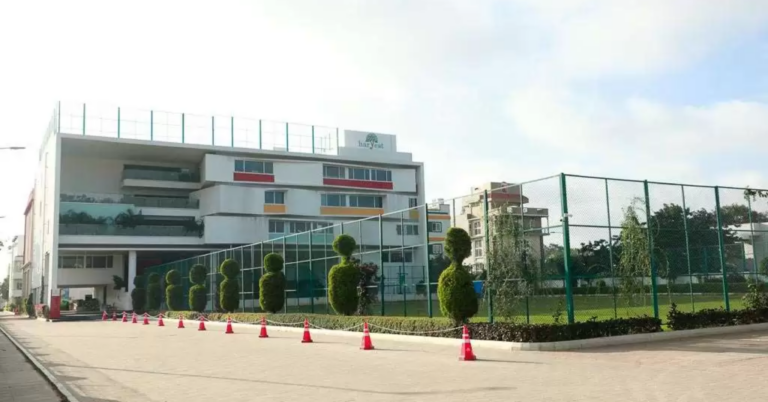Teaching Conflict Resolution and Peacebuilding in Schools
Conflict resolution skills are essential in schools as they equip students with the ability to navigate disagreements and disputes in a constructive manner. By fostering these skills early on, students learn the importance of effective communication, empathy, and problem-solving, which are valuable life skills applicable in various settings. When conflicts are addressed promptly and effectively, it creates a positive and respectful school environment conducive to learning and personal growth.
Moreover, developing conflict resolution skills in schools helps students cultivate emotional intelligence and self-regulation. By learning how to manage their emotions during conflicts, students are better equipped to handle challenging situations both academically and socially. These skills not only improve interpersonal relationships but also contribute to a safer and more inclusive school community where differences are respected and valued.
• Conflict resolution skills are essential in schools
• Equips students with ability to navigate disagreements constructively
• Fosters effective communication, empathy, and problem-solving
• Creates positive and respectful school environment conducive to learning and personal growth
• Developing conflict resolution skills helps cultivate emotional intelligence
• Students learn how to manage emotions during conflicts
• Better equipped to handle challenging situations academically and socially
• Improves interpersonal relationships and contributes to a safer, more inclusive school community where differences are respected
Understanding the Impact of Unresolved Conflicts on Students
Unresolved conflicts in schools can have a significant impact on students, affecting their emotional well-being and academic performance. When conflicts are left unaddressed, they can escalate and create a toxic environment that hinders students’ ability to focus and learn effectively. This not only affects the students directly involved in the conflict but also impacts the entire school community as tensions rise and relationships deteriorate.
Moreover, unresolved conflicts can lead to increased stress and anxiety among students, making it challenging for them to feel safe and supported in their learning environment. The negative emotions resulting from unresolved conflicts can also manifest in behavioral issues, further disrupting the classroom and creating a barrier to a positive educational experience. By recognizing the detrimental effects of unresolved conflicts on students, schools can prioritize the development of conflict resolution skills to foster a healthy and conducive learning environment for all.
Implementing Restorative Justice Practices in School Settings
Restorative justice practices in school settings offer an innovative approach to addressing conflicts and fostering a sense of accountability among students. By focusing on repairing harm and promoting understanding rather than punitive measures, these practices create a supportive environment for students to learn from their mistakes and grow. Through restorative justice circles and conversations, students are encouraged to express their thoughts and feelings, listen to others, and collectively work towards finding resolutions that benefit the entire school community.
When implemented effectively, restorative justice practices can transform school culture by promoting empathy, communication, and conflict resolution skills among students. By empowering students to take ownership of their actions and engage in meaningful dialogue with their peers, restorative justice approaches cultivate a sense of responsibility and respect within the school community. As a result, students are more likely to develop positive social skills, form stronger relationships, and contribute to a safe and inclusive school environment.
What are restorative justice practices in schools?
Restorative justice practices in schools focus on repairing harm and restoring relationships when conflicts arise. This approach emphasizes accountability, empathy, and communication.
How can restorative justice practices benefit students in school settings?
Restorative justice practices can help students develop conflict resolution skills, improve communication, and build a sense of community within the school. It can also reduce disciplinary incidents and promote a positive school climate.
How can schools implement restorative justice practices?
Schools can implement restorative justice practices by providing training for staff and students, creating a restorative justice team, establishing restorative circles or conferences, and incorporating restorative language in school policies.
What is the impact of unresolved conflicts on students?
Unresolved conflicts can lead to negative outcomes for students, such as increased stress, anxiety, and decreased academic performance. It can also contribute to a hostile school environment and strained relationships among students and staff.
How can understanding conflict resolution skills benefit students in the long run?
Understanding conflict resolution skills can benefit students by teaching them how to effectively communicate, manage emotions, and resolve conflicts peacefully. These skills are valuable for building positive relationships and navigating conflicts in various aspects of life.







